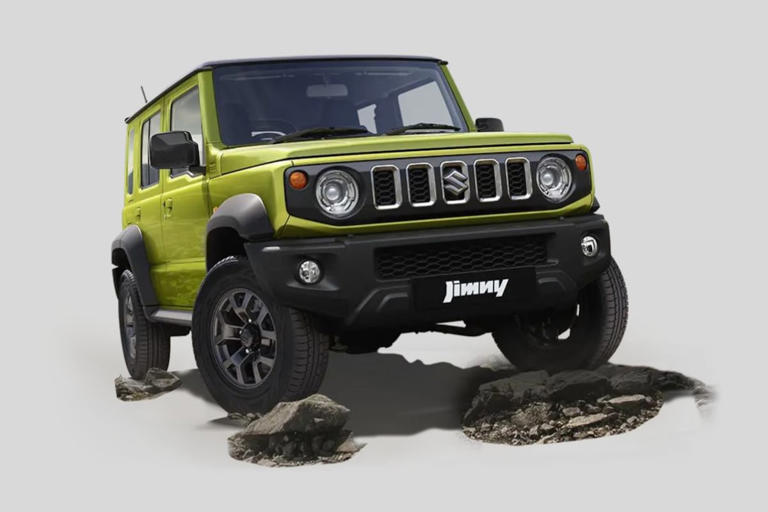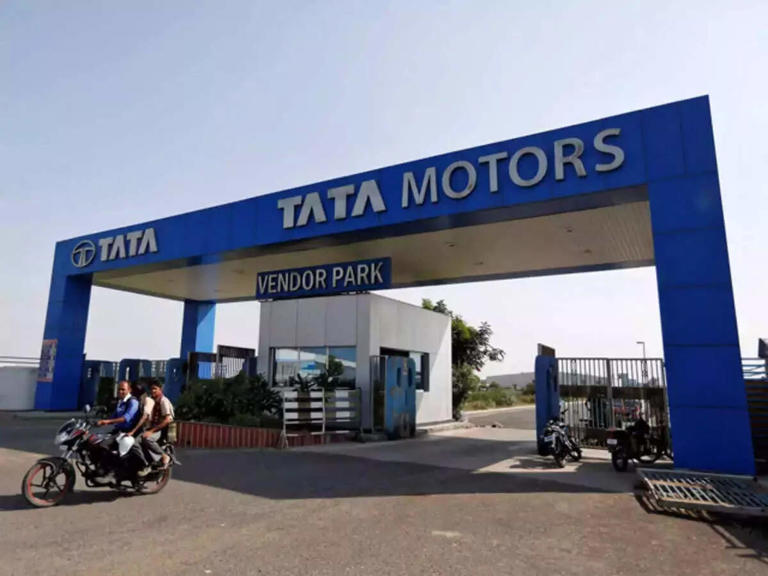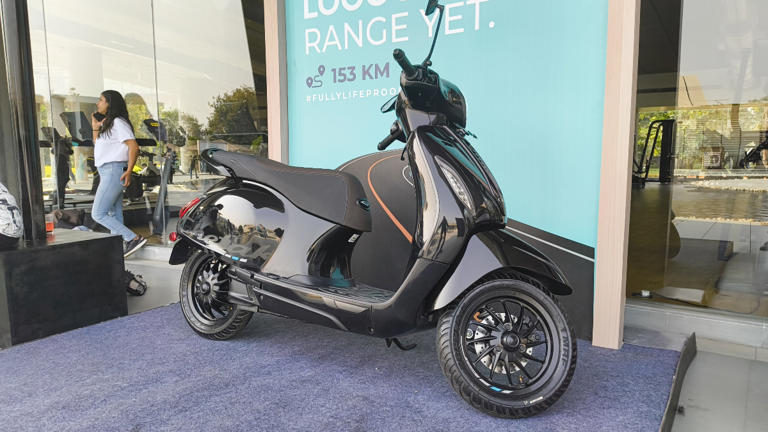In an effort to curb the rising number of two-wheeler accidents, the Indian government has introduced a new safety regulation requiring every new two-wheeler to be sold with two ISI-certified helmets. Announced by Union Minister Nitin Gadkari at the Auto Summit in New Delhi, this initiative aims to instill a culture of safe riding among both riders and pillion passengers.

Source : Internet
The Two-Wheeler Helmet Manufacturers Association (THMA), which represents certified helmet manufacturers in India, has strongly endorsed the decision. THMA President Rajeev Kapur emphasized that this long-overdue measure addresses a critical safety need and has the potential to prevent countless road fatalities. For families who have lost loved ones in accidents, this step is seen as a significant move towards reducing such tragic incidents in the future.
India has one of the highest road accident rates globally, with nearly half a million crashes occurring annually, leading to around 1.9 lakh deaths. A large proportion of these victims fall within the 18 to 45 age group—India’s primary working population. The statistics for two-wheeler fatalities are particularly concerning, with over 69,000 deaths recorded each year, nearly half of which are linked to the absence of helmets.
By enforcing the inclusion of ISI-certified helmets with two-wheeler sales, the government aims to promote safer commuting practices. This regulation is not just about compliance but about fostering a safety-first mindset among riders. To meet the increased demand, the THMA has committed to ramping up production while ensuring helmets remain affordable for consumers.
This initiative aligns with the government’s broader road safety agenda, following key measures like the introduction of Bharat NCAP in 2023—India’s vehicle crash testing program. Through such proactive policies, the government continues to underscore road safety as a national priority. The mandatory helmet provision marks another vital step in reducing preventable deaths and making Indian roads safer for all.




